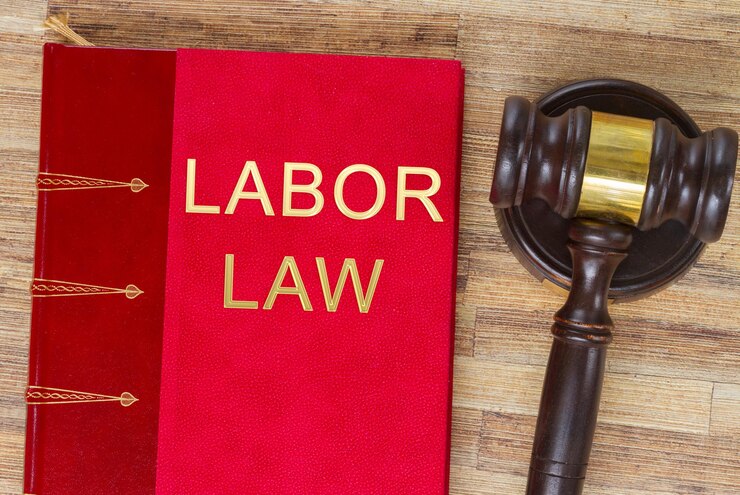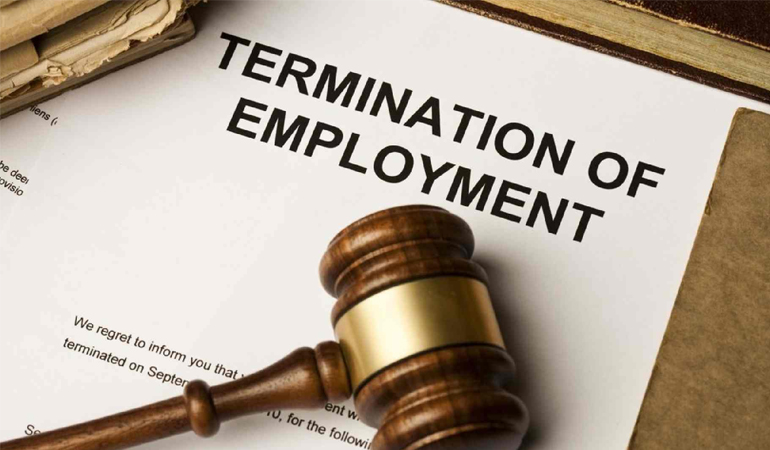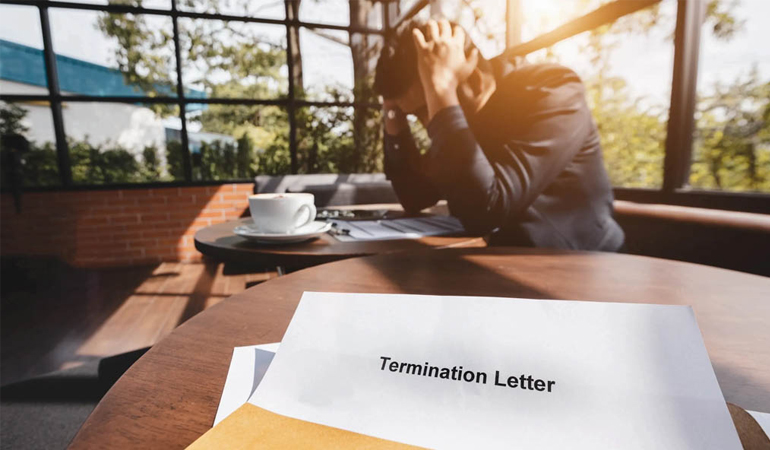Case Appeal - UAE
The authority to appeal court judgments in Dubai rests with the attorney general for civil matters and the public prosecutor for criminal matters. In Dubai, the highest court is the Court of Cassation, in accordance with Article 173 of Federal Law No. 11/1992 (Civil Procedural Law). Appeals to the Court of Cassation must be submitted within 60 days from the date of the court of appeal's judgment. Unsatisfied parties can appeal based solely on legal grounds, given certain conditions:
1. Litigants must file the appeal within 60 days of the court of appeal's judgment or, in emergencies, within ten days.
2. In civil cases, the claim's value should be at least AED 500,000, while there is no minimum value for criminal appeals.
3. Grounds for appeal include a violation of the law, errors in law application or interpretation, lack of jurisdiction by the court, and inadequacy or lack of reasons in the rendered decision.
Although judgments from the Court of Cassation are conclusive, the attorney general holds the authority to appeal any final decision, irrespective of the issuing court, within one year from the judgment's date (stipulated in Article 174 of the Civil Procedural Code). In accordance with Article 256 of Federal Law No. 35/1992 (Criminal Procedural Law) in the UAE, the public prosecutor can contest a judgment from any court, with no time constraints on such appeals. However, certain conditions must be met for appeals by the attorney general in civil cases and the public prosecutor in criminal cases in the Court of Cassation in Dubai:
1. The judgment is based on a breach or violation of the law.
2. There is an error in the application or interpretation of the law.
3. The parties involved do not meet the criteria for making an appeal.
4. The appeal is filed in a personal capacity rather than on behalf of the disputing parties.
5. The law of limitation prevents the parties from filing such an appeal.
6. The court has rejected an appeal by the parties.
7. The parties have relinquished the right to file an appeal.
The Court of Cassation holds the jurisdiction to review appeals against decisions made by courts of appeal, and its judgments are final and binding, immune to further appeals. The public prosecutor retains the authority to file a civil appeal even beyond the time limit, within one year from the judgment's issuance. This allowance covers scenarios like filing a claim after the prescribed time, misjudgment of jurisdiction, or procedural law violations when the monetary threshold for a dispute is not met. When a judgment is flawed due to misrepresentation or legal violation, the attorney general can appeal, provided three conditions are met: a breach of the law, an error in law application, and an error in law interpretation. This authority extends to cases where the judgment is based on incorrect legal foundations, fails to meet application conditions (such as filing in the wrong jurisdiction), or is affected by an error influencing the judgment.
The Court of First Instance, constituting the initial tier in the UAE court hierarchy, possesses jurisdiction over civil, commercial, administrative, labor, and personal status cases. In case of dissatisfaction with the final decision from the court of first instance, parties have the option to appeal to the court of appeal, the second level in the court hierarchy. There exists a statute of limitations, requiring the filing of an appeal against the court of first instance's judgment within 30 days, unless otherwise specified. In urgent matters, such an appeal can be heard within 10 days from the date of the rendered judgment.














